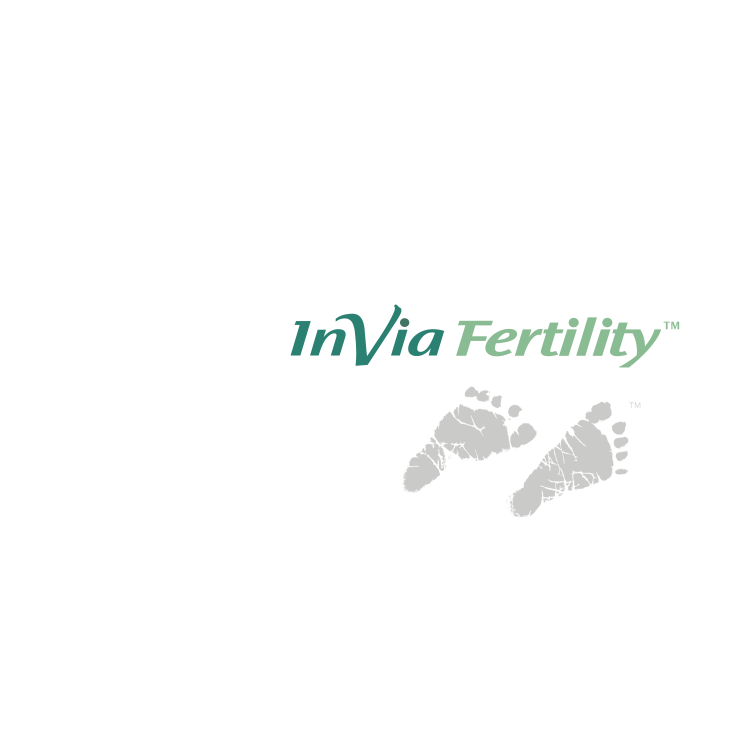Poor responders are patients with a low number of eggs retrieved. These poor responders have reduced pregnancy rates compared with normal responders. The question that one often faces is, what next? Is the prognosis always poor? Are there patient characteristics that differentiate poor responders with pregnancy prospects close to zero from those poor responders who still have a reasonable chance of getting pregnant?
This very question was addressed in a review article by a Dutch Group (J.F. Oudendijk and colleagues, Human Reproduction Update January 2012 issue). They reviewed dozens of articles and narrowed the search to 19 papers which they felt were the most relevant.
These are their findings:
- They found that the six studies comparing poor and normal responders demonstrated clearly lower pregnancy rates in poor responders (14.8 versus 34.5%).
- Ten studies indicated that older poor responders have a lower range of pregnancy rates compared with younger (1.5–12.7 versus 13.0–35%, respectively).
- Obese poor responders (BMI > 30 kg/m2) do worse than those with a BMI < 30 kg/m2 (4.5 versus 23% respectively).
- Basal FSH levels affect the pregnancy rate in poor responders. In patients with an elevated basal FSH level (> 12mIU/mL), the pregnancy rate is lower than those with a normal basal FSH level (4.0 versus 14.8%).
- The number of eggs retrieved is probably the most important factor that impacts the pregnancy rate. With 1 egg the pregnancy rate was 0 - 2.3%; with two eggs the pregnancy rate was 4.3 - 15.2% and with 4 eggs the pregnancy rate was 11.5–18.6%.Five studies concerning pregnancy rates in subsequent cycles suggested a more favorable outcome in unexpected poor responders, and if ≥2 oocytes were retrieved. In patients with an unexpected poor response one of the options is to cancel the cycle and try again with a higher dose of medications. They, however, also think it reasonable to proceed to retrieval in these patient
What does all this mean?
- Young poor responders have a higher chance of conceiving compared to older poor responders.
- Patients with a combination of elevated basal FSH level and a poor response do not do well.
- Quitting smoking may help, but they did not address this particular issue.
- Obese patients should lose weight but there are no data to indicate that this will result in a significant increase in pregnancy rates.
- No studies were found regarding anti-mullerian hormone (AMH) levels and antral follicle count in the prediction of outcome in poor responders
- There are no definite criteria that can be used as a “cut off” to advise a poor responder to try or not try another IVF cycle. This still needs individualization and patients need to discuss this issue with their physician.


